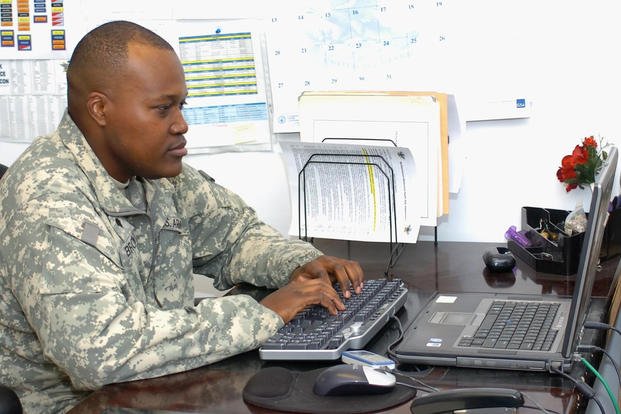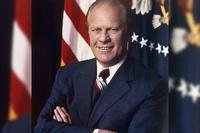Imagine you're sitting in the conference room with your CEO and the board of directors. This is the first closed-door executive meeting to which you've been invited.
You quickly learn your company may merge with a 20,000-employee firm overseas. But just as you're biting into a sugar-glazed doughnut, the CEO turns to you and asks, "What do you think are the financial and HR issues at stake?"
Instead of responding, you shake your head to signal that speaking with food in your mouth is impolite. The truth? You have no idea what to say.
"If you want to be taken seriously by senior management, then you must play at their level," said Doug Stirling, an employee development consultant at Frazer, Pennsylvania-based DecisionOne Corp., a provider of technology services. "Anyone with a desire to move into an HR management position, or move outside, should pursue an MBA."
Sure, the thought of grad school is daunting -- not to mention the extra time and costs of completing a demanding academic program. However, the payoff can be big, and there are a number of options from which to choose. Pursuing an MBA will guarantee you the skill set needed to function in HR's new strategic role.
Why an MBA?
Stirling has obtained his senior professional in HR (SPHR) certification and MBA. He believes they're complementary and round out his human resources and business skills. His purpose in getting the former was to gain credibility and provide verification he possesses basic HR knowledge.
The certificate indicates that an individual passed the HR exam awarded by the Alexandria, Virginia-based Human Resource Certification Institute.
"It's good enough for the HR world, but not for the general business world," he said. "I didn't have an undergraduate business degree, so I was still unfamiliar with many business processes." However, after attending Oklahoma State University for 4½ years, he completed his MBA in 1993.
The business competencies Stirling says he acquired were financial processes, basic economics, forecasting, marketing, statistical analysis, labor relations, organizational design and development, and strategic planning to address external factors (such as mergers and acquisitions, globalization and downsizings). He recommends that upwardly mobile HR professionals consider getting both the HR certificate and MBA degree, because it rounds out one's hard and soft business skills.
Although most HR professionals pursue an MBA to gain basic business fundamentals, it's also valuable to know that MBA programs are becoming more geared toward HR pros. Today, you can find programs that increasingly value the HR discipline; they integrate practical HR management skills with core business competencies.
MBA Programs Stress HR Competencies
Many MBA programs have undergone a significant metamorphosis, expanding and modifying their curricula to better meet today's business needs.
"Survey after survey of alumni, recruiters and executives found recurring criticism that graduate schools were not preparing MBAs for the real world of business," said Terence Hancock, chairman of the MBA program at the University of Louisville in Kentucky. "MBAs were seen as technically brilliant but lacking in social skills."
Thus, after years of criticism, academia is finally bending its ear to the needs of today's corporate challenges. Not only are MBA students learning business fundamentals, they're able to enroll in an emerging cluster of HR-related courses, such as "Power, Persuasion, Influence and Negotiation" and "Legal Issues in HRM: Health, Family and Privacy."
Whereas in the past, HR may have veered more toward master's programs in organizational development, leadership or HR management, today's MBA programs not only offer traditional curricula about finance and marketing issues but also change management, including how to get things done and the people side of business. At some institutions, students can major in HR management. At others, HR-related courses, such as team building, are offered as first-semester requirements or as electives.
"Our biggest challenge is moving from management education to management development," said Susan Ashford, associate dean at the University of Michigan Business School in Ann Arbor. "We want to develop the full person. We may debate the balance, but we don't debate the goal of developing [well-rounded] graduates."
So if you're stuck in corporate limbo, consider seeking your MBA -- but not for the short-term dream of a six-digit salary. It's not that you won't get a return on your educational investment. If you remain in the HR field, you may be qualified for a promotion and a 15%-20% increase in your current salary, according to Stirling.
First and foremost, pursue your MBA for long-term development and professional credentials. If you want to be a strategic player, you'll have to understand budgets, strategic planning, economic forecasts and change management.
Indeed, an MBA isn't just for CEOs. It's increasingly valuable for HR leaders.
Want to Know More About the Military?
Be sure to get the latest news about the U.S. military, as well as critical info about how to join and all the benefits of service. Subscribe to Military.com and receive customized updates delivered straight to your inbox.











